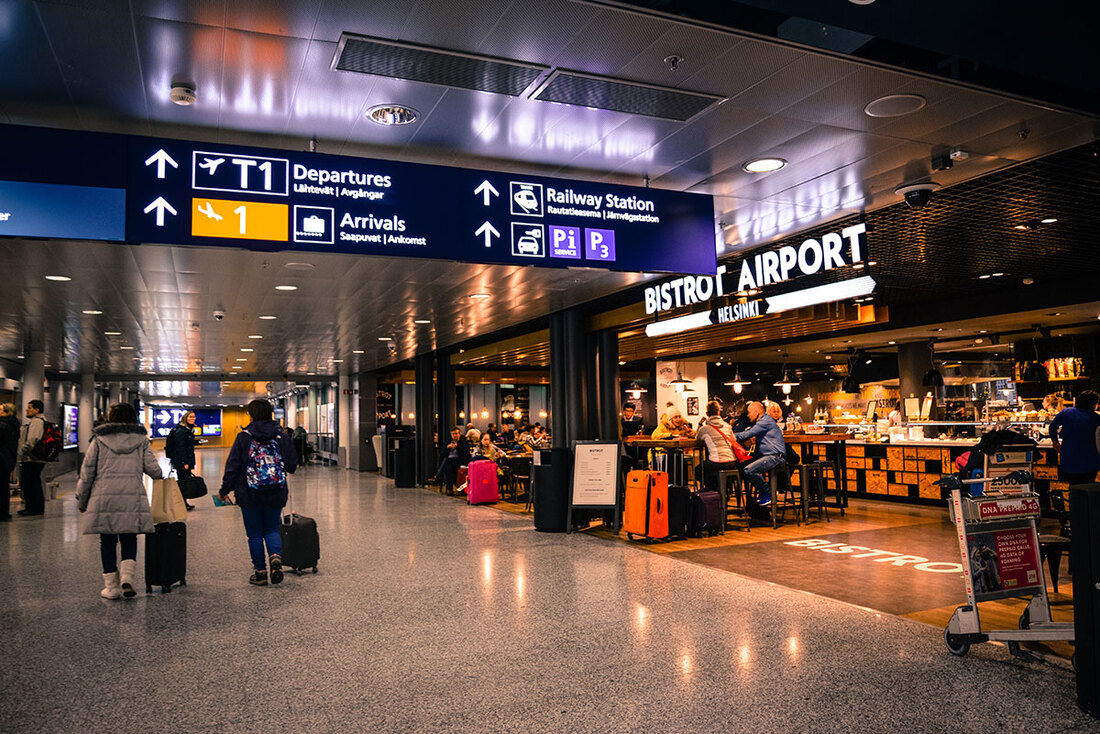|
Insurance is one of those things that no one really enjoys thinking about; it’s much nicer to consider the exciting things that you’ll be doing and seeing rather than imagining what could go wrong. However, protecting yourself from those what-if situations is an important part of the travel planning process. Just like any other insurance policy, travel insurance plans can become quite intricate. The following information is intended to give you a brief overview of travel insurance policies.
What Travel Insurance Can Cover
Trip Cancellations, Interruptions, and Delays If you have to cancel your trip, travel insurance can cover up to 100% of your prepaid and non-refundable expenses. There are two main types of cancellation insurance: conditional and cancel for any reason. With the conditional policy, you’ll want to examine the specific cancellation reasons that are covered; usually these are things like an unforeseen illness or a death in the family, but they may also include terrorist activity or natural disasters in your trip destination. Cancel for any reason policies are just that; if you change your mind about the trip, you can cancel and receive money back according to the policy’s guidelines. Trip interruption and delay insurance kicks in after your trip has begun. If you have to cancel the remainder of your trip for a covered reason, trip interruption insurance will take care of things. If you are delayed but not derailed entirely, the additional expenses you incur and any prepaid, but unused, experiences will be covered. Medical Emergencies Should something happen to you or to a member of your group on your trip, travel insurance can cover medical emergencies and/or medical evacuations. Domestic health insurance plans often do not follow you overseas. Not all travel insurance plans cover both medical treatment and emergency evacuation or repatriation, so look for one that has both. Lost Luggage Given the number of flights that depart every minute around the world, lost luggage is a statistically rare event. It does happen though, and it’s better to have some sort of recourse. Coverage for lost or damaged goods is done on a per-item basis or a maximum benefit amount; if you plan to travel with more expensive items, it may be better to insure those separately on a homeowners insurance policy. Key Takeaways If you’re doing the travel insurance research on your own, these are a few key questions to ask:
For more information on travel insurance, please contact me. Travel insurance is such an important part of traveling that gets overlooked far too often!
0 Comments
Your comment will be posted after it is approved.
Leave a Reply. |
Author: Debra HarrisAs founder of Life’s Journey Travel, I’m deeply passionate about creating custom travel experiences that allow my clients to truly savor the journey. Categories
All
Archives
February 2023
|
Quick Links |
Life’s Journey Travel, an independent affiliate of Gifted Travel Network — a Virtuoso® Member
|
Copyright © 2016-2022 | Lifes Journey Travel | Privacy | Terms of Use
Website by markrobinson.biz



 RSS Feed
RSS Feed



